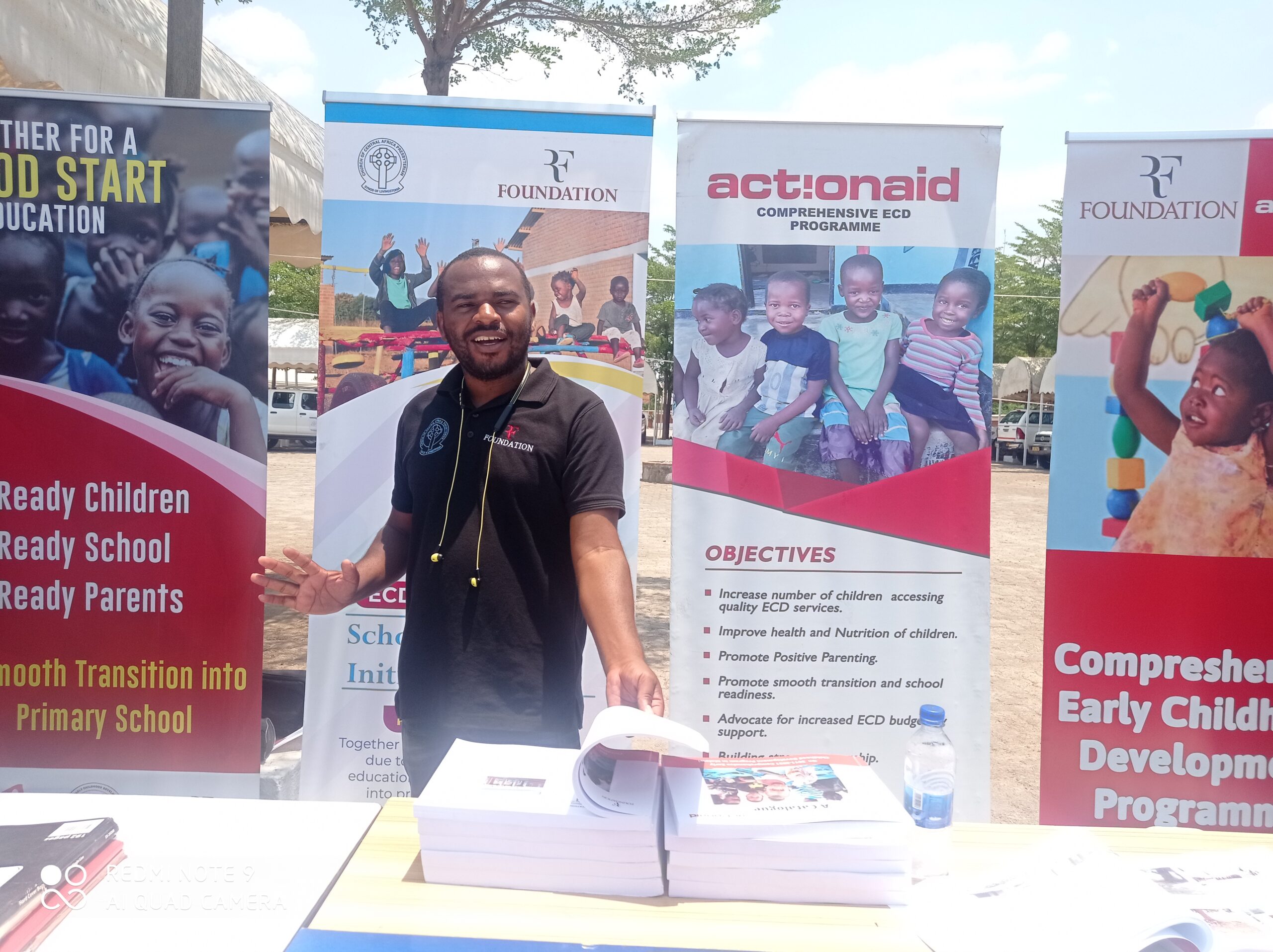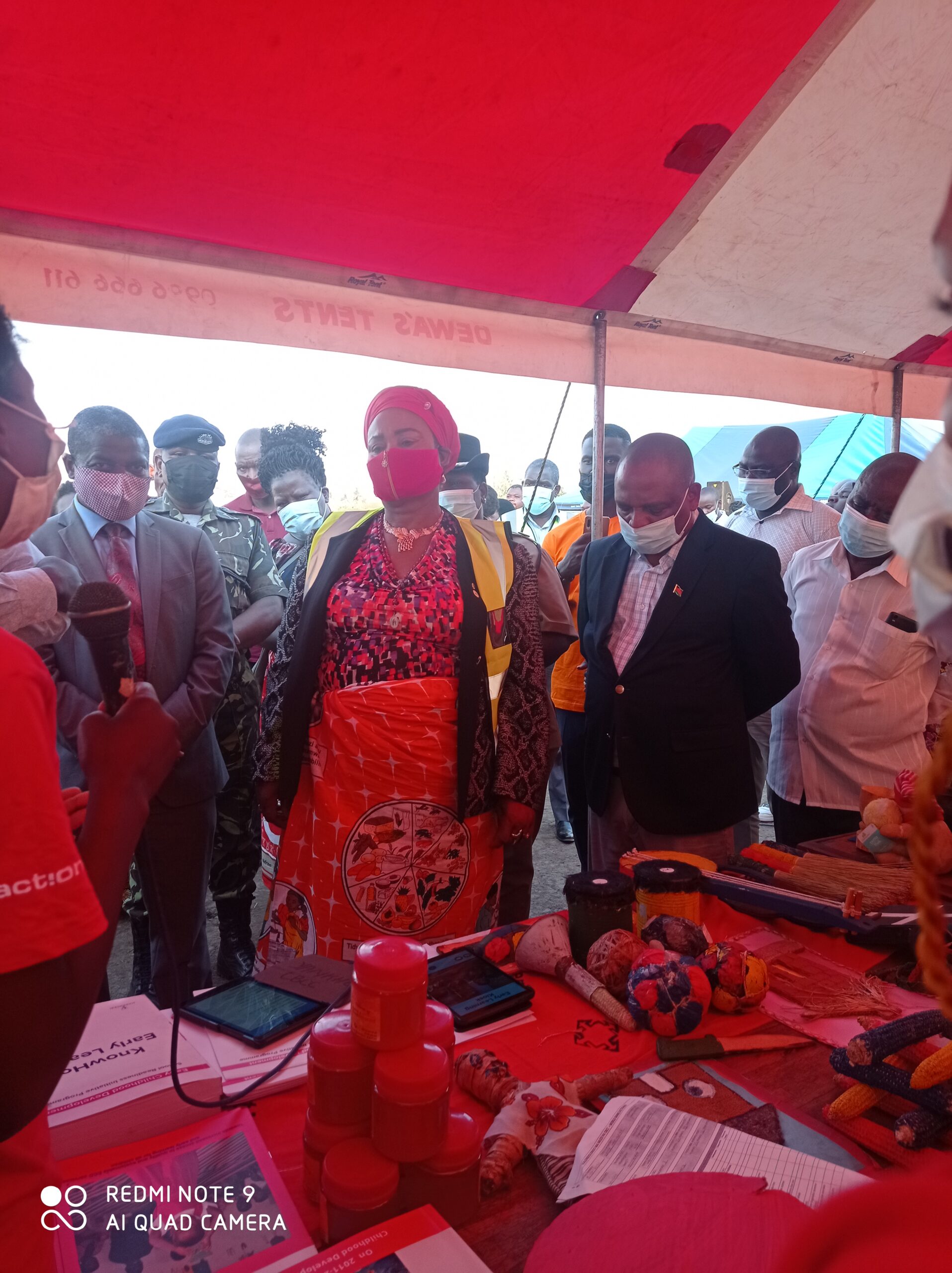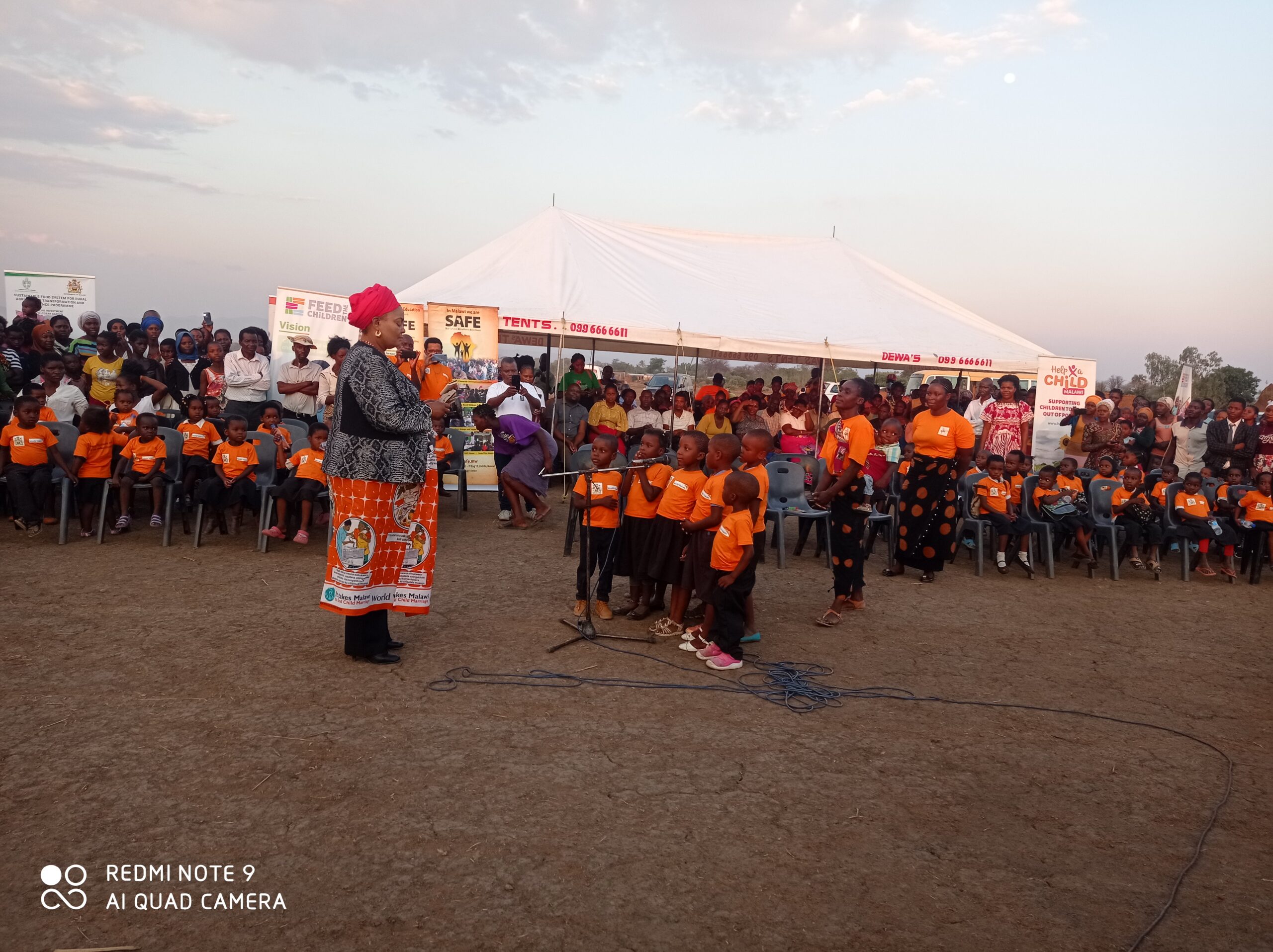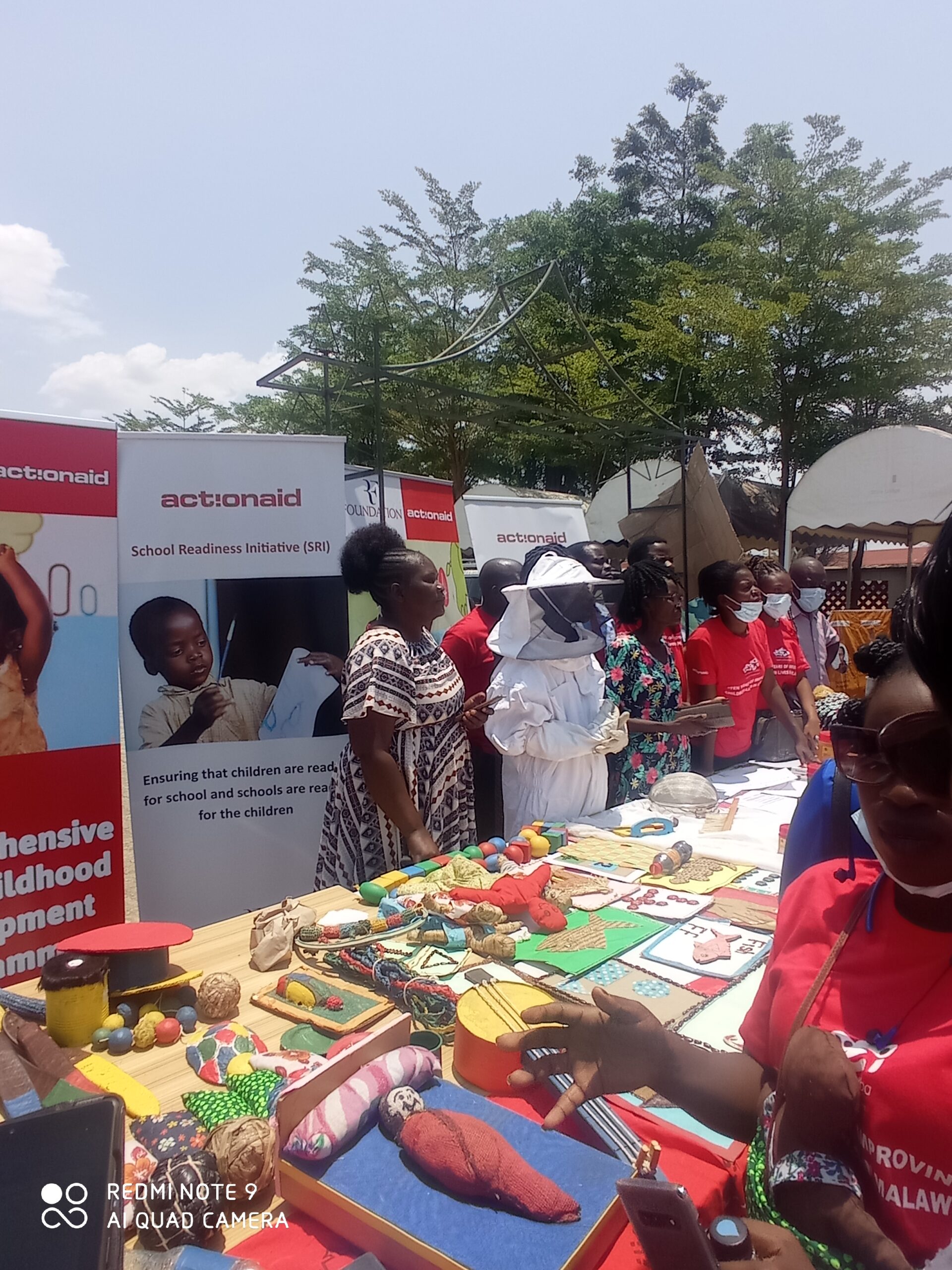ROAD TO FINANCIAL INDEPENDENCE
A year ago Moffat was part of the grouping belonging to caregivers and CBCC management committee members at Tiwonelepo CBCC, a group which was aimed at cushioning the challenges that children and caregivers in the ECD centres have been facing. One of the activities which has kept the grouping going is the concept of savings and loans which has greatly helped members of the group. The CCAP Synod of Livingstonia with funding from Roger Federer Foundation provided revolving fund amounting to K150, 000.00, to the CBCC which Moffat is part of (Tiwonelepo CBCC). The fund was specifically designed to boost and empower the local groupings and give them opportunities to start small scale businesses, improve their livelihoods and in the end support children and caregivers in the in the CBCCs.
Moffat had always dreamt of making a positive change in his life and the life of his family members. With the revolving fund, He saw an opportunity to turn his dreams into reality. He had observed that there was a high demand Vegetables (mnkhwani, lepi, chinees, tomotaes) and dried Usipa (a type of small fish from Lake Malawi), in various markets, especially in Lilongwe, the capital city.
Instead of merely borrowing and using the funds for daily expenses, Moffat decided to invest it wisely. He used the money borrowed to kick-start his vegetable business and began selling in his local community. His vegetable business quickly gained popularity due to quality of the farm produce from his garden, and soon enough he found himself receiving orders from nearby villages.
Emboldened by his initial success in the vegetable business, Moffat together with his other friends ventured into selling dried Usipa. He developed links with fishermen at Lake Malawi in Sanga, Nkhata bay and started buying fresh Usipa in bulks and drying it for sale. He started selling in the community and then the sales were being made in a far land such as Mzuzu and Lilongwe where he has customers of the Usipa delicacy, and he has been able to make significant profits from the business when it is the season for Usipa.
As his business is able to make profits, Moffat’s income has increased significantly. He is able to take care of his daily needs and that of his family, thereby making his caregiving job easier such that most of the needs are being taken care of by proceeds from his business.
“I can confidently say that the project by the CCAP Synod of Livingstonia has turned my life around. I was in the South Africa for some years when I came back I just decided to start volunteering at the CBCC in my village, then the project came. After our committee members were trained they briefed us on what is expected of us to do. We started our activities and then we were given a revolving fund which boosted the finances in our group and I was able to start my vegetable business with the money that I borrowed and later on ventured in Usipa business with some friends whom I partnered with. The business has helped me a lot in terms of personal financial independence such that am able to take care of my daily expenses as well as those of my family. My dream is to grow bigger than level that I am.”
Through the support of the CCAP synod of Livingstonia and the Roger Federer Foundation Moffat’s life has changed for the better. It is against this background that it can be deduced that with the right opportunities and determination even from the smallest investments can bring about meaningful and transformational change.





